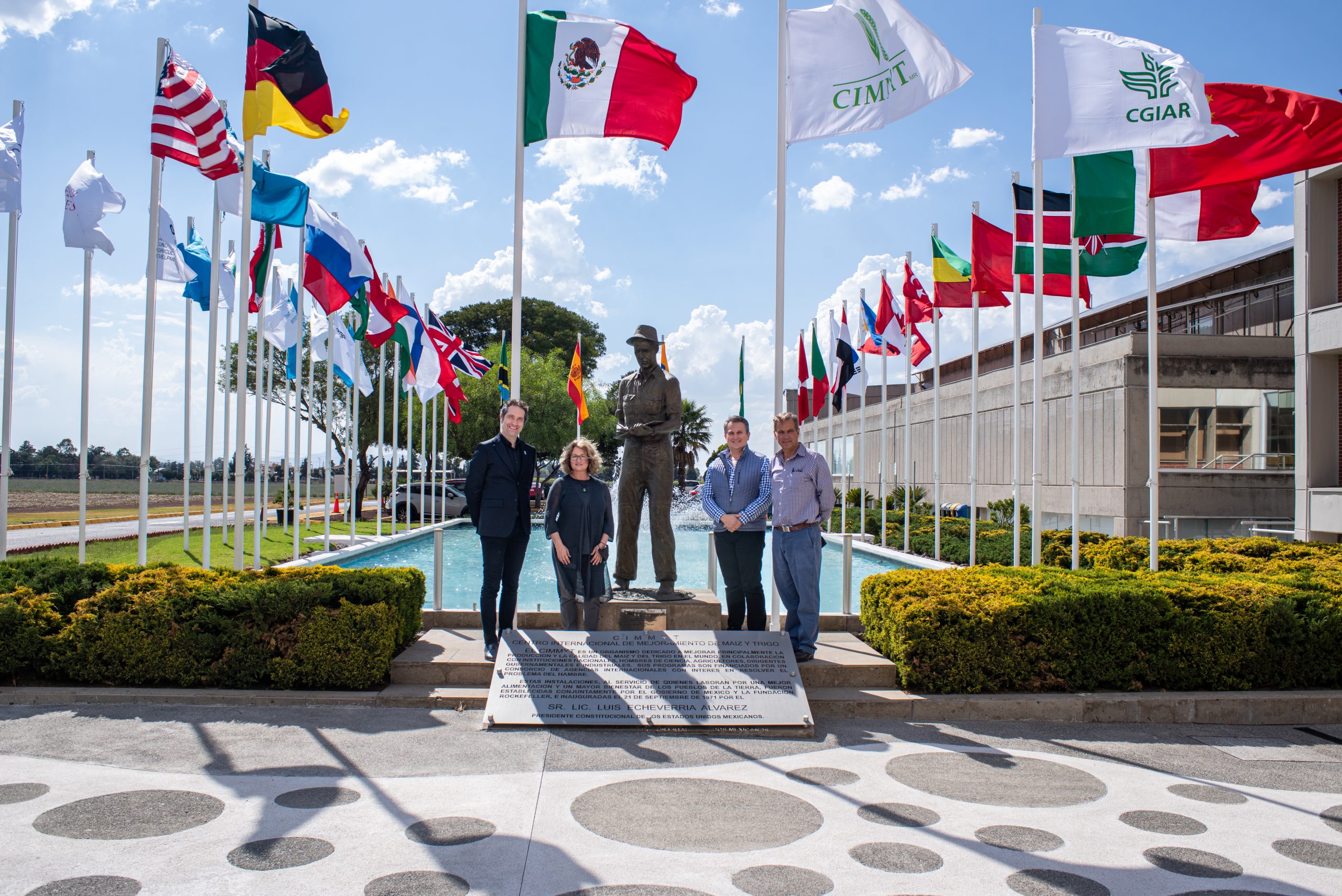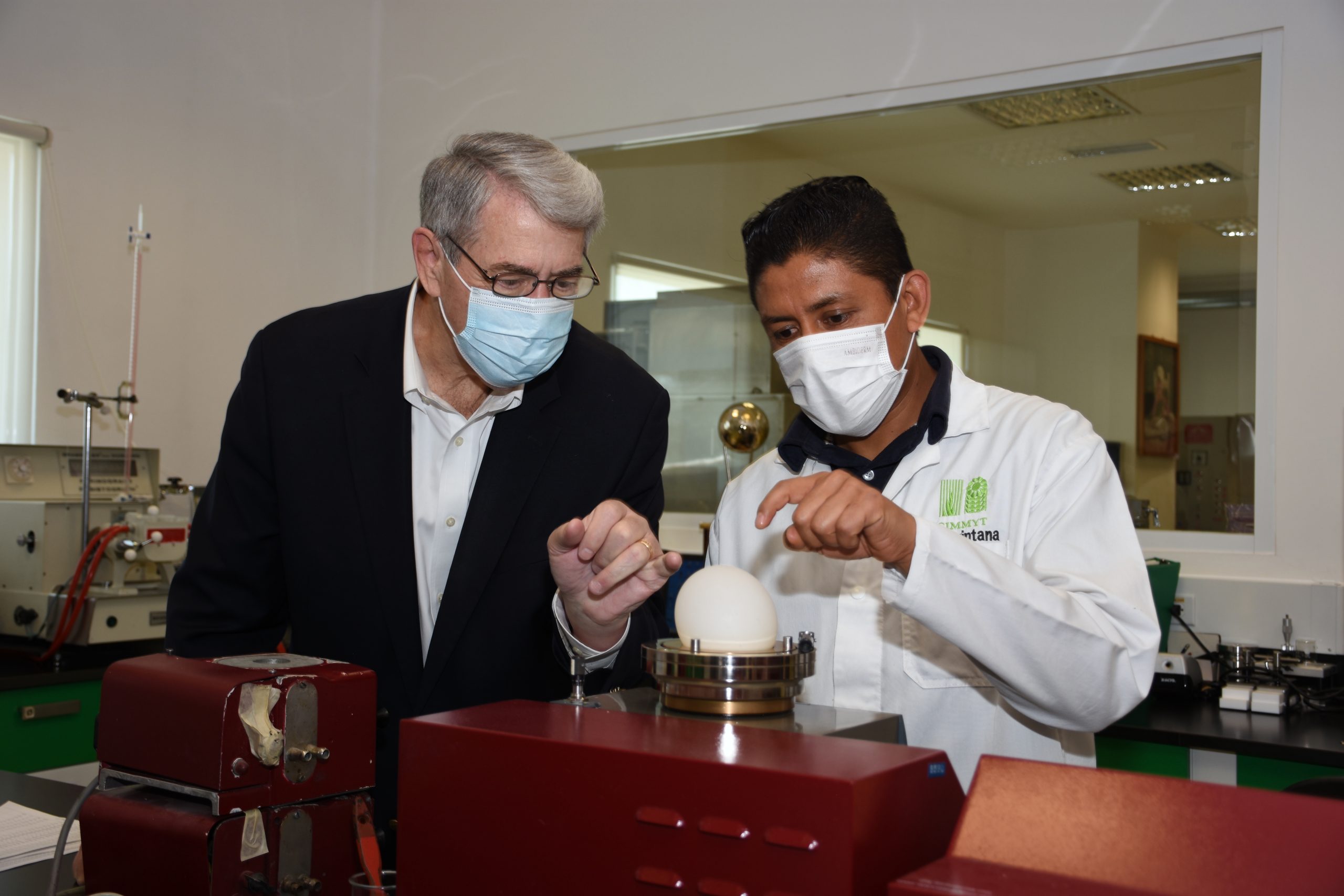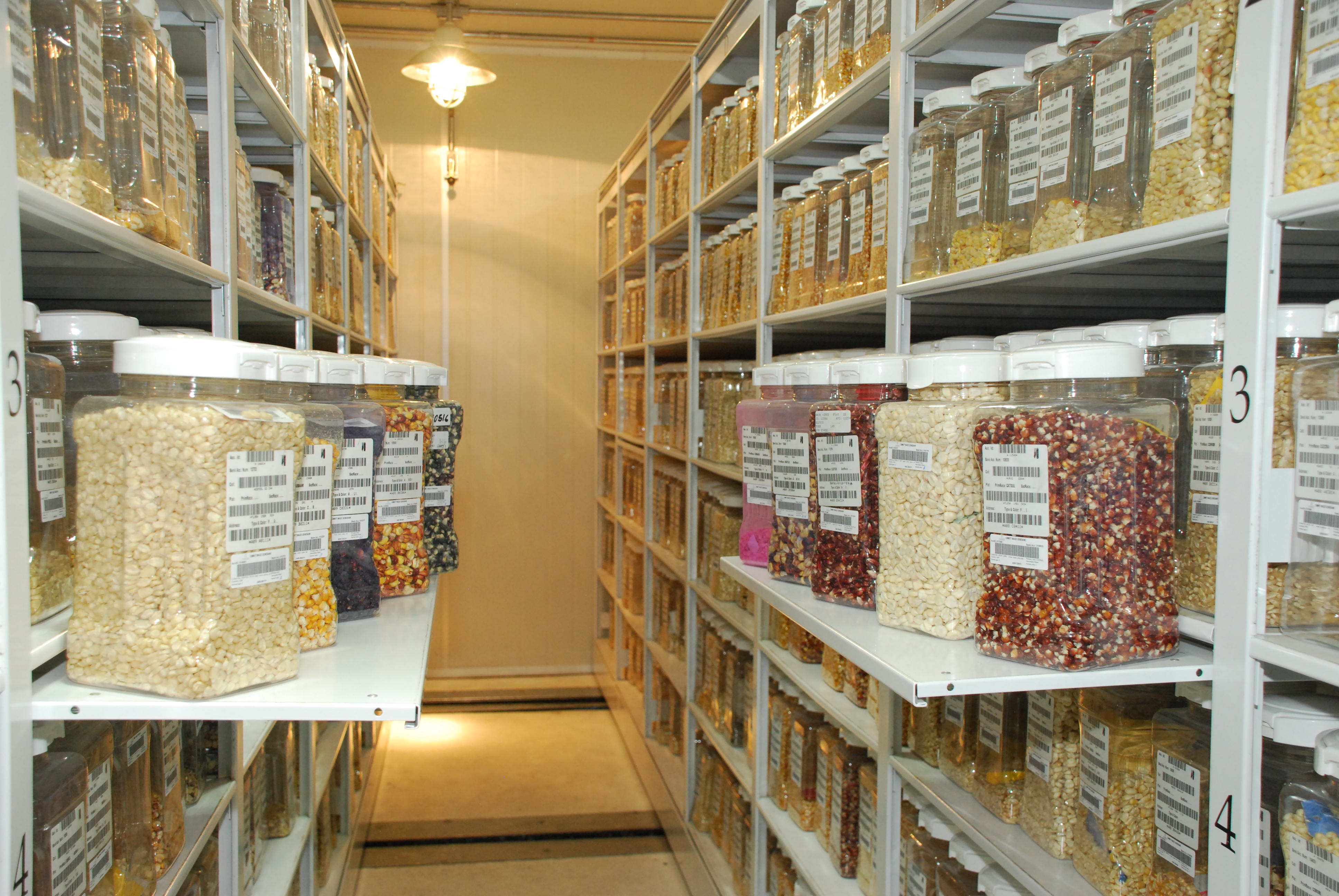In just a decade, CRISPR has become one of the most celebrated inventions in modern biology. It is swiftly changing how medical researchers study diseases: Cancer biologists are using the method to discover hidden vulnerabilities of tumor cells. Doctors are using CRISPR to edit genes that cause hereditary diseases.
But CRISPR’s influence extends far beyond medicine. Evolutionary biologists are using the technology to study Neanderthal brains and to investigate how our ape ancestors lost their tails. Plant biologists have edited seeds to produce crops with new vitamins or with the ability to withstand diseases. Some of them may reach supermarket shelves in the next few years.
Read more: https://www.nytimes.com/2022/06/27/science/crispr-gene-editing-10-years.html

 Nutrition, health and food security
Nutrition, health and food security 
